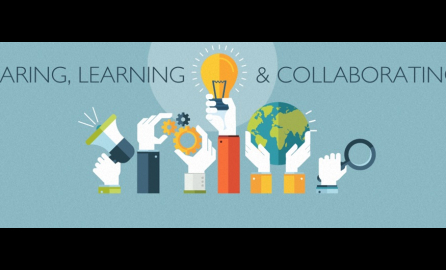2.3.4. Leadership, life skills, empowerment training, literacy/numeracy
Indicators: a) GP and LL on leadership, life skills, empowerment training in IE identified.
b) Challenges (if any) on leadership, life skills, empowerment training in IE identified and possible means to overcome challenges identified and analysed.
Data Analysis Methods: Identification of GP and LL on leadership, life skills, empowerment training. Analysis of GP and LL to determine adaptability and scalability. Identification of challenges identified during promotion and implementation and determine if/how these were overcome.
RECOMMENDATIONS:
1. Promote group formation in producer organisations (PO). Smallholders might benefit in terms of overall production, quality assurance, costs, marketing and sharing of information.[1] Nevertheless, attention is strongly needed in relation to POs’ typology and kind of produced commodities. Note that member-based POs that only provide benefits to members are preferable to broader community-based POs.
References:
____________________
2. Ensure that associations, cooperatives, IE groups are provided with organisation management, and conflict mitigation capacity strengthening in accordance with their needs. Ensure that community participation is well aligned based on a capacity needs analysis.
____________________
3. Note that developing self-confidence and communication skills should be an essential part of most women’s economic empowerment actions.
____________________
4. Ensure balance between soft skills and higher-qualified technical skills in order to provide a more fruitful spectrum of opportunities to newly-trained workforce. Soft skills may include providing customer service, leadership, conflict resolution and good teamwork.
____________________
5. Take the political balance and motivations already in existence in the local context into account when supporting the identification of Village Based Organisations leaders. While communities should identify their own leaders, projects/programmes need to be aware and support selection criteria that will help avoid individuals from monopolising leadership positions for personal purposes only. Promote inclusion of women in leadership positions.
References:
SOURCE: RNSF research - Volume 4.2
[1] Note that while agriculture as such is commonly not considered part of the IE, agriculture is a form of livelihoods work. The marketing aspects, stock keeping, food processing and other aspects are commonly directly or closely linked to the IE. As a consequence, it is important to keep agriculture GP and LL in mind when discussing the IE.
